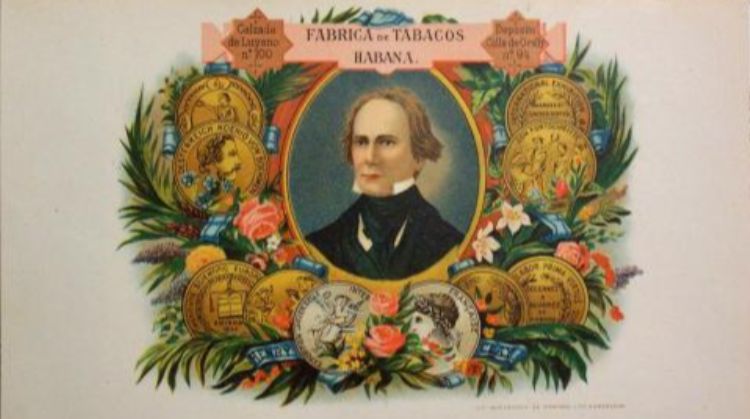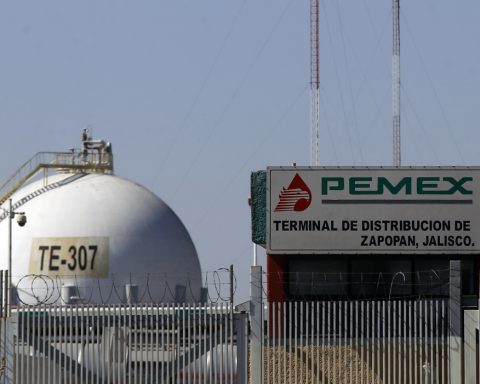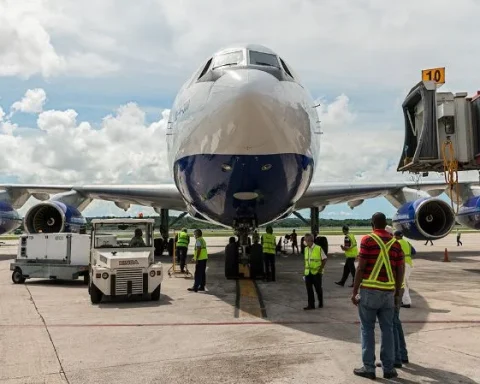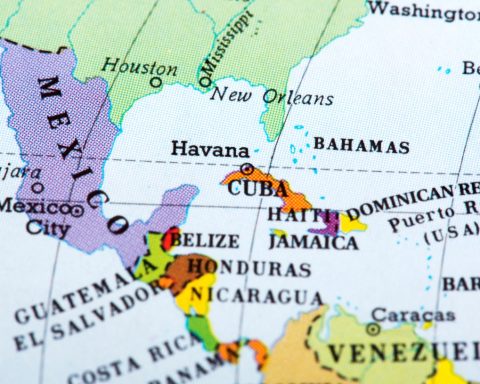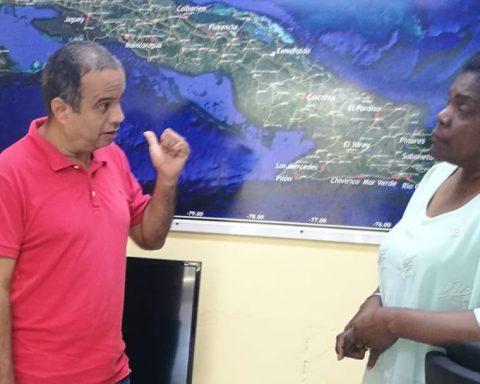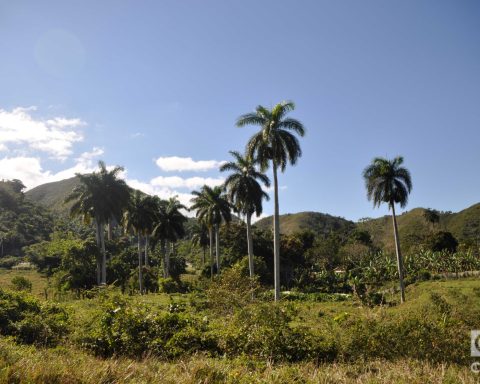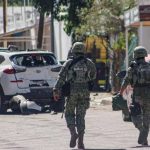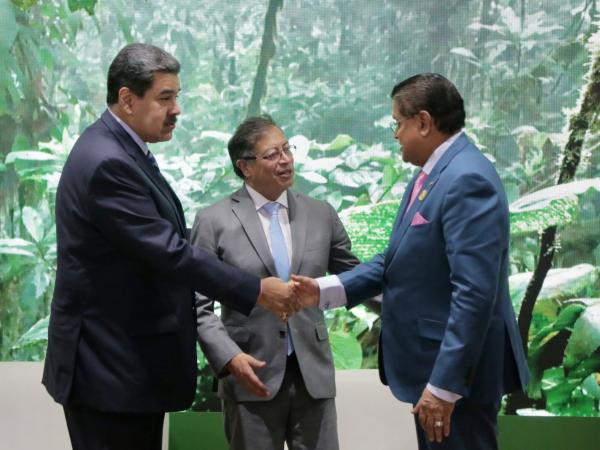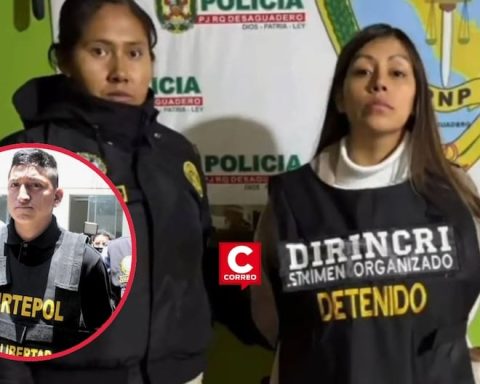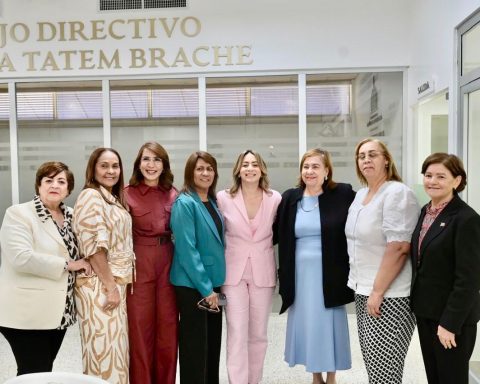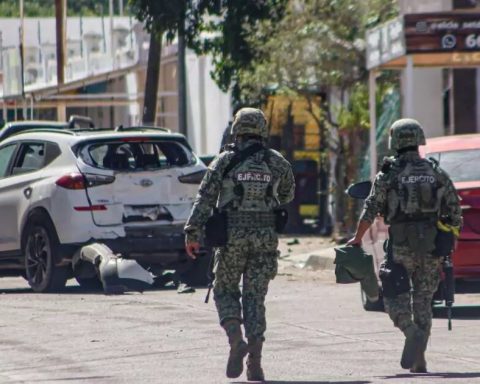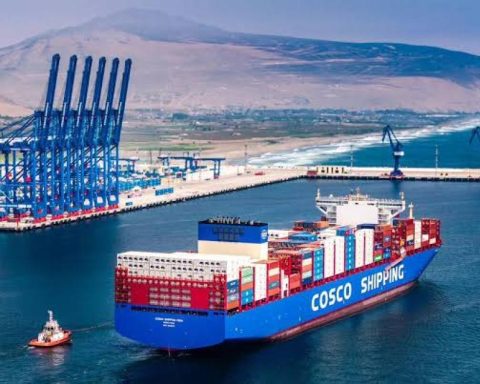Havana Cuba. – November 8, 1902 marked the beginning of a momentous event for the Cuban working class: the Apprentices’ Strike. Young tobacco workers from the “La Carolina” factory demanded that Cubans be allowed to take up apprenticeships in tobacco factories, reserved almost exclusively for Spanish workers.
This discriminatory practice suffered by Cubans on their own soil had worsened after the defeat of Spain in the war of 1898. The peninsulares, resentful, tried to undermine and exclude nationals, even in the workplace, with the complacency of administrators. of the companies.
The situation was degrading and unsustainable, so the tobacco workers sent a letter to the administrator of the “Henry Clay” factory, in which they requested the replacement of the Spanish foremen and pointed out the privileges they enjoyed to the detriment of the Cuban workers.
The factory manager’s response was resounding and ended with the dismissal of almost all of the plaintiff workers. This and other arbitrariness caused the tobacco workers to mobilize in several protest actions, of which the most important would be the Apprentices’ Strike.
After the refusal of President Tomás Estrada Palma and the Congress of the Republic to attend to the requests presented by the General League of Cuban Workers, which brought together thousands of workers, the strike began to be prepared on the basis of just demands that would guarantee and protect the tobacco rights. Such demands were met with a new rejection by the employers.
With no other option but to radicalize the actions, a strike was declared in which all the tobacco growers joined, forcing the American and British factories to close their doors.
The repression unleashed by the government against the demonstrators and their assemblies immediately generated a solidarity response from the League, which called for a general strike supported by all the workers in Havana.
Government attacks on protesters intensified, leaving several dead, more than a hundred injured and countless workers jailed. A commission of independence veterans, made up of Máximo Gómez, Juan Gualberto Gómez and Manuel Sanguily decided to mediate in favor of the strikers to placate the serious situation.
All they got, however, was for the government to commit to Congress passing an “Apprenticeship Law” that would recognize the rights of Cuban workers. The commitment was never fulfilled and the strike ended on November 28, without the tobacco workers achieving their demands.
Receive information from CubaNet on your cell phone through WhatsApp. Send us a message with the word “CUBA” on the phone +525545038831, You can also subscribe to our electronic newsletter by giving click here.
